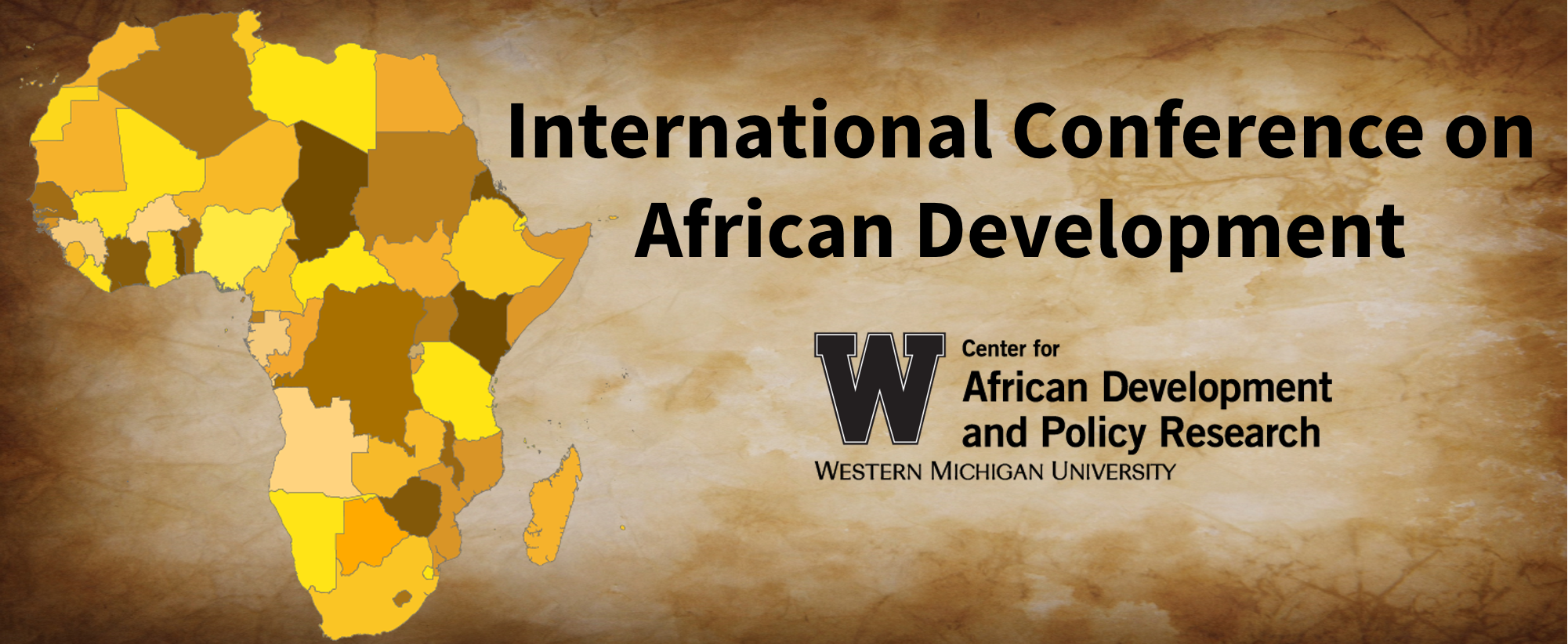4.2 Promoting Good Governance for Sustainable Cities in Africa: The NEPAD Cities Programme
Abstract
Poverty and rapid urbanization are two of the greatest challenges facing Africa today, and cities provide an appropriate platform for advancing the mandate of the New Partnership for Africa’s Development, NEPAD, to alleviate poverty, promote good governance, and achieve the MDGs and the Post-2015 development agenda in Africa. This paper highlights the major challenges facing African cities and the NEPAD Cities Program that seeks to develop these cities as engines of economic growth and nodes of regional integration. It argues that in spite of continuing misgivings about NEPAD, the initiative provides a potentially useful framework for dialogue between African leaders and their external collaborating partners. The NEPAD Peer Review Mechanism (APRM) can be used to guide member countries in the reciprocal evaluation that is meant to help them fulfill their commitment to peace, democracy and good governance, and to learn from each other’s best practices in various areas of democratic governance, public sector management, anti-corruption measures, and sustainable development. Partnership is central to the APRM idea: partnership between African governments and their people; partnership between and among African governments themselves; and partnership between African governments and the foreign development partners. To realize its full potential, NEPAD needs to draw insights from several recent global initiatives, including the Habitat Agenda, ILO’s Decent Work Agenda, UN-Habitat’s twin Campaigns for Good Urban Governance, Secure Tenure, and others that suggest how state and local authorities, the private sector and civil society organizations, the international development community, and the urban poor themselves should collaborate to promote the growth of safe, productive, inclusive and socially equitable cities.
4.2 Promoting Good Governance for Sustainable Cities in Africa: The NEPAD Cities Programme
1920 Sangren Hall
Poverty and rapid urbanization are two of the greatest challenges facing Africa today, and cities provide an appropriate platform for advancing the mandate of the New Partnership for Africa’s Development, NEPAD, to alleviate poverty, promote good governance, and achieve the MDGs and the Post-2015 development agenda in Africa. This paper highlights the major challenges facing African cities and the NEPAD Cities Program that seeks to develop these cities as engines of economic growth and nodes of regional integration. It argues that in spite of continuing misgivings about NEPAD, the initiative provides a potentially useful framework for dialogue between African leaders and their external collaborating partners. The NEPAD Peer Review Mechanism (APRM) can be used to guide member countries in the reciprocal evaluation that is meant to help them fulfill their commitment to peace, democracy and good governance, and to learn from each other’s best practices in various areas of democratic governance, public sector management, anti-corruption measures, and sustainable development. Partnership is central to the APRM idea: partnership between African governments and their people; partnership between and among African governments themselves; and partnership between African governments and the foreign development partners. To realize its full potential, NEPAD needs to draw insights from several recent global initiatives, including the Habitat Agenda, ILO’s Decent Work Agenda, UN-Habitat’s twin Campaigns for Good Urban Governance, Secure Tenure, and others that suggest how state and local authorities, the private sector and civil society organizations, the international development community, and the urban poor themselves should collaborate to promote the growth of safe, productive, inclusive and socially equitable cities.

